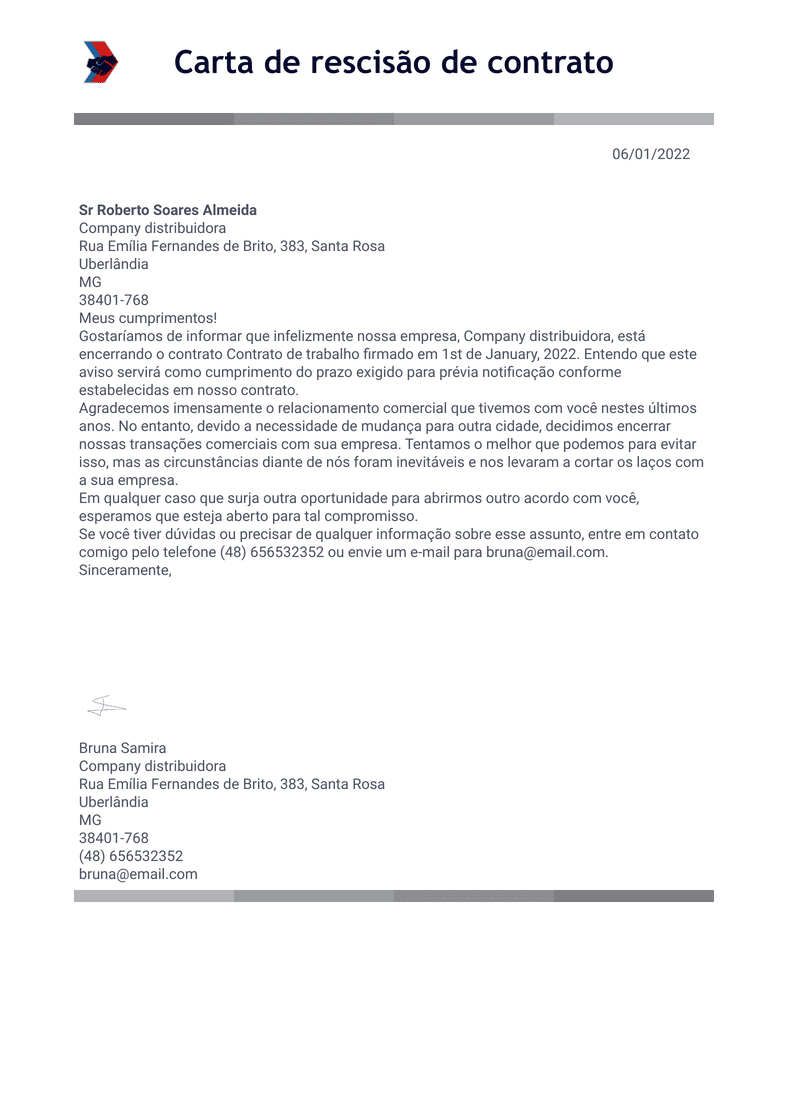Middle Managers: Key Players In Organizational Success And Employee Development

Table of Contents
Middle Managers as Bridges Between Leadership and Employees
Middle managers act as crucial translators, converting high-level strategic directives into actionable plans for their teams. This requires exceptional communication skills, facilitating both upward and downward communication flows to ensure transparency and alignment. Their role is not merely to relay information, but to interpret, clarify, and contextualize it for their team members.
- Effective communication strategies for middle managers: Regular team meetings, open-door policies, clear and concise written communication, and utilizing various communication channels to cater to different preferences.
- Overcoming communication barriers: Active listening, seeking clarification, providing regular feedback, and fostering a culture of open dialogue are critical for addressing misunderstandings and ensuring alignment.
- Importance of feedback mechanisms: Implementing regular feedback sessions, both formal and informal, creates a two-way communication loop, allowing middle managers to understand team concerns and provide constructive guidance. This can include 360-degree feedback systems for a comprehensive perspective.
Effective leadership communication within middle management ensures that everyone is working towards shared goals, leading to improved team alignment and increased productivity.
The Impact of Middle Management on Employee Engagement and Motivation
Middle managers have a profound influence on employee morale, productivity, and overall engagement. Their leadership style directly impacts the work environment, shaping employee experiences and fostering (or hindering) a sense of belonging. A supportive and motivating middle manager can significantly boost team performance.
- Strategies for improving employee engagement: Regularly recognizing and rewarding achievements, providing opportunities for professional development, actively listening to employee concerns, and creating a culture of trust and respect.
- Creating a positive and supportive work culture: Fostering teamwork, promoting open communication, and ensuring fair treatment are critical for cultivating a positive and supportive work culture. This also includes encouraging work-life balance initiatives.
- Implementing effective performance management systems: Implementing fair and transparent performance management systems, providing regular feedback, and setting clear expectations contribute to increased employee engagement and accountability.
A positive workplace culture, driven by effective middle management, directly contributes to higher employee motivation and retention rates.
Middle Managers' Role in Talent Development and Succession Planning
Middle managers are often the first to identify high-potential employees within their teams. They play a pivotal role in nurturing talent, providing mentoring and coaching, and creating opportunities for professional growth. This active involvement is crucial for developing a robust leadership pipeline.
- Effective mentoring and coaching techniques: Providing regular guidance, offering constructive feedback, supporting employee development goals, and creating opportunities for skill enhancement.
- Identifying high-potential employees: Recognizing individuals who demonstrate leadership qualities, a strong work ethic, and a commitment to continuous learning.
- Creating development plans for employees: Collaborating with employees to create personalized development plans that align with their career aspirations and the organization's needs.
By proactively identifying and nurturing talent, middle managers contribute significantly to effective succession planning and long-term organizational success.
Developing Effective Middle Management: Training and Support
Investing in training and development programs for middle managers is crucial for organizational success. Equipping them with the necessary skills and competencies will enhance their effectiveness across all areas previously discussed.
- Essential training programs for middle managers: Programs focusing on leadership skills, communication strategies, conflict resolution, performance management, and team building techniques.
- Leadership development initiatives: Providing opportunities for middle managers to participate in leadership development programs, workshops, and mentoring initiatives.
- Mentorship programs for middle managers: Pairing experienced leaders with aspiring middle managers to provide guidance, support, and knowledge transfer.
Providing ongoing support and resources empowers middle managers to effectively lead their teams and contribute to the overall success of the organization.
The Indispensable Role of Middle Managers
In conclusion, middle managers are indispensable to organizational success and employee development. Their contributions to communication, employee engagement, talent development, and overall organizational performance are undeniable. Investing in training and development programs for middle managers is not just beneficial, it's essential. Strengthen your middle management by empowering your middle management team with the skills and support they need to thrive. Develop high-performing middle managers through targeted training and mentorship programs. Invest in middle management training to unlock the full potential of your workforce and drive organizational excellence. By focusing on developing effective middle management, you can significantly improve organizational performance and foster employee growth.

Featured Posts
-
 Kentucky Derby 151 Key Information And Preparations Before The Big Race
May 05, 2025
Kentucky Derby 151 Key Information And Preparations Before The Big Race
May 05, 2025 -
 Canelo Shuts Down Crawford Speculation Eyes May 3rd Plant Fight
May 05, 2025
Canelo Shuts Down Crawford Speculation Eyes May 3rd Plant Fight
May 05, 2025 -
 Fleetwood Macs New Album Familiar Sounds Fresh Perspective
May 05, 2025
Fleetwood Macs New Album Familiar Sounds Fresh Perspective
May 05, 2025 -
 Behind The Scenes The Untold Story Of Lizzo Szas Rock Band Attempt
May 05, 2025
Behind The Scenes The Untold Story Of Lizzo Szas Rock Band Attempt
May 05, 2025 -
 Empresa De Fred Luz Deixa O Corinthians Bastidores E Motivos Do Encerramento Da Parceria
May 05, 2025
Empresa De Fred Luz Deixa O Corinthians Bastidores E Motivos Do Encerramento Da Parceria
May 05, 2025
